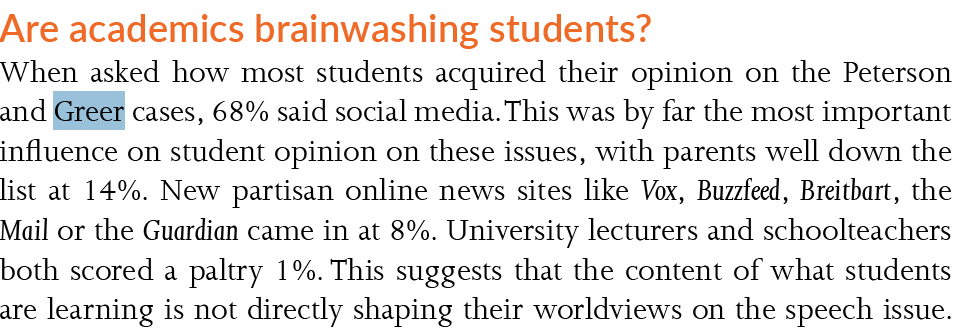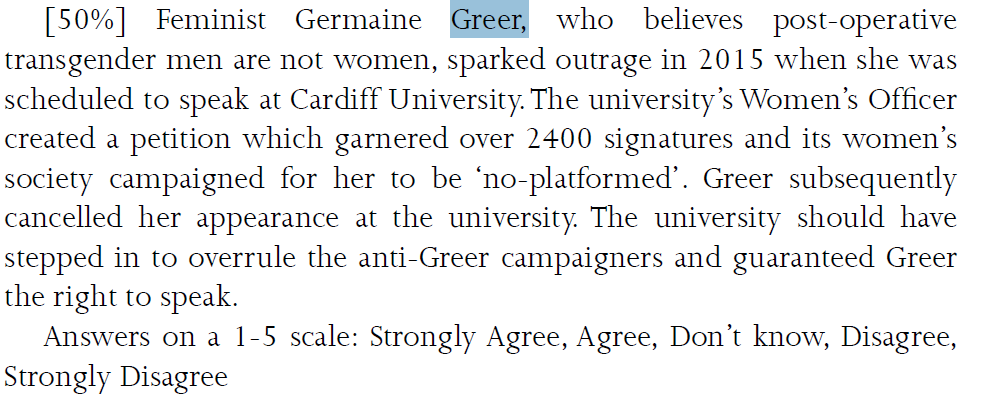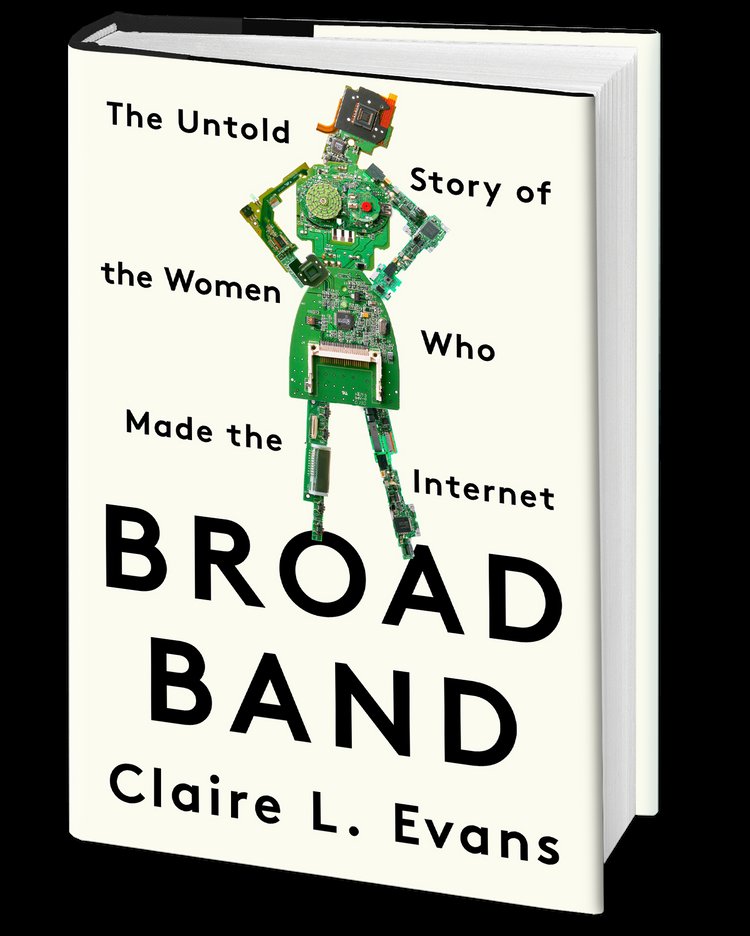One of the most Monkey's Paw things about my life is my relationship to books. When I was a teenager, I read all the way through the school and public libraries, spent everything I had on books, and still couldn't get enough and dreamt of more.
1/
Today, as a reviewer, I have more books than I can possibly read, huge, teetering mountains of books that I'm desperate to read, far beyond my ability to ever get through them. Periodically, I declare "book bankruptcy," sweep away the backlog and start over.
2/
Even then, my eyes are bigger than my stomach: I keep back a few books that I can't bear to part with and promise myself I'll read them someday. Usually I don't, but I just did, and boy did I ever make the right call with @TheUniverse's BROAD
I have read a LOT of histories of computing, and I had a front row seat for a lot of the events depicted in this book - people I worked with, people I worked against - and yet I was surprised over and over again with details and perspectives I'd never encountered.
4/
For example, for some reason, my ninth grade computer science course included lengthy readings on ENIAC, Univac, the Mark I and the Mark II, but none of those mentioned that they were all programmed exclusively or primarily by women.
5/























